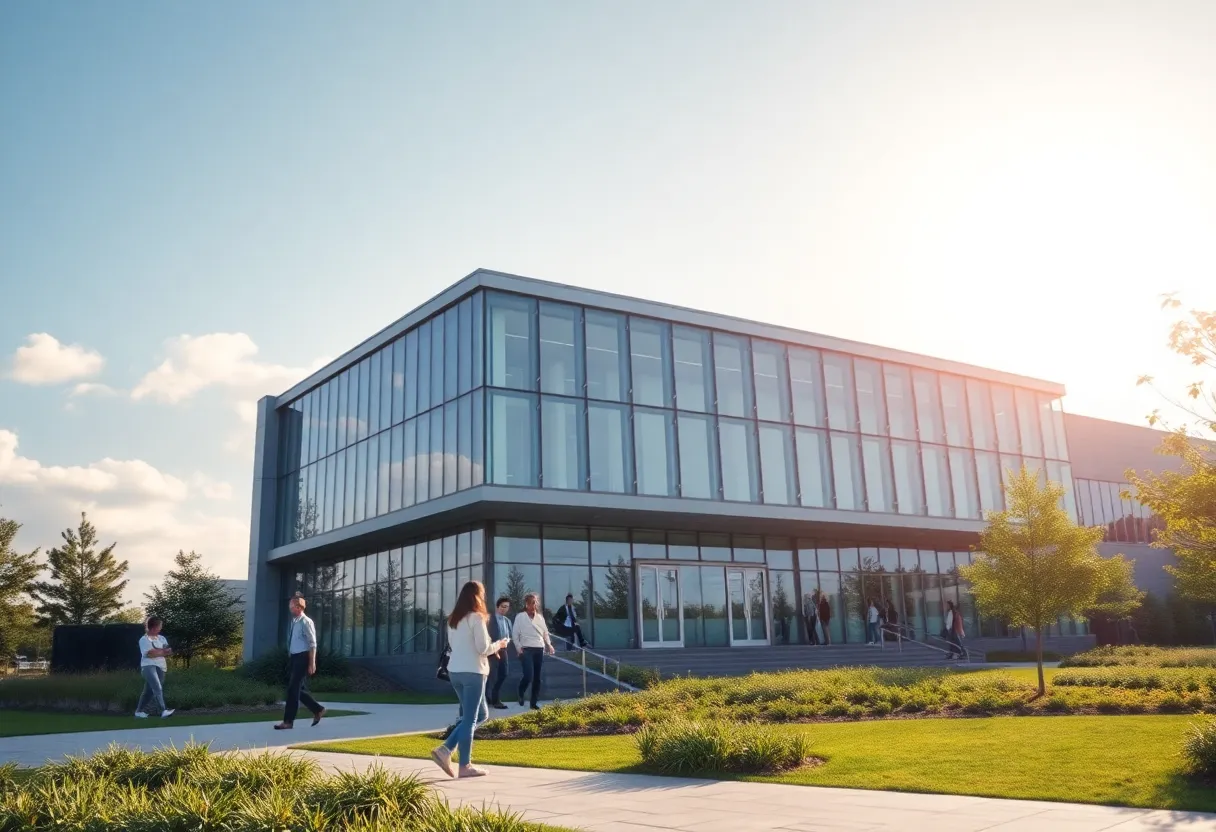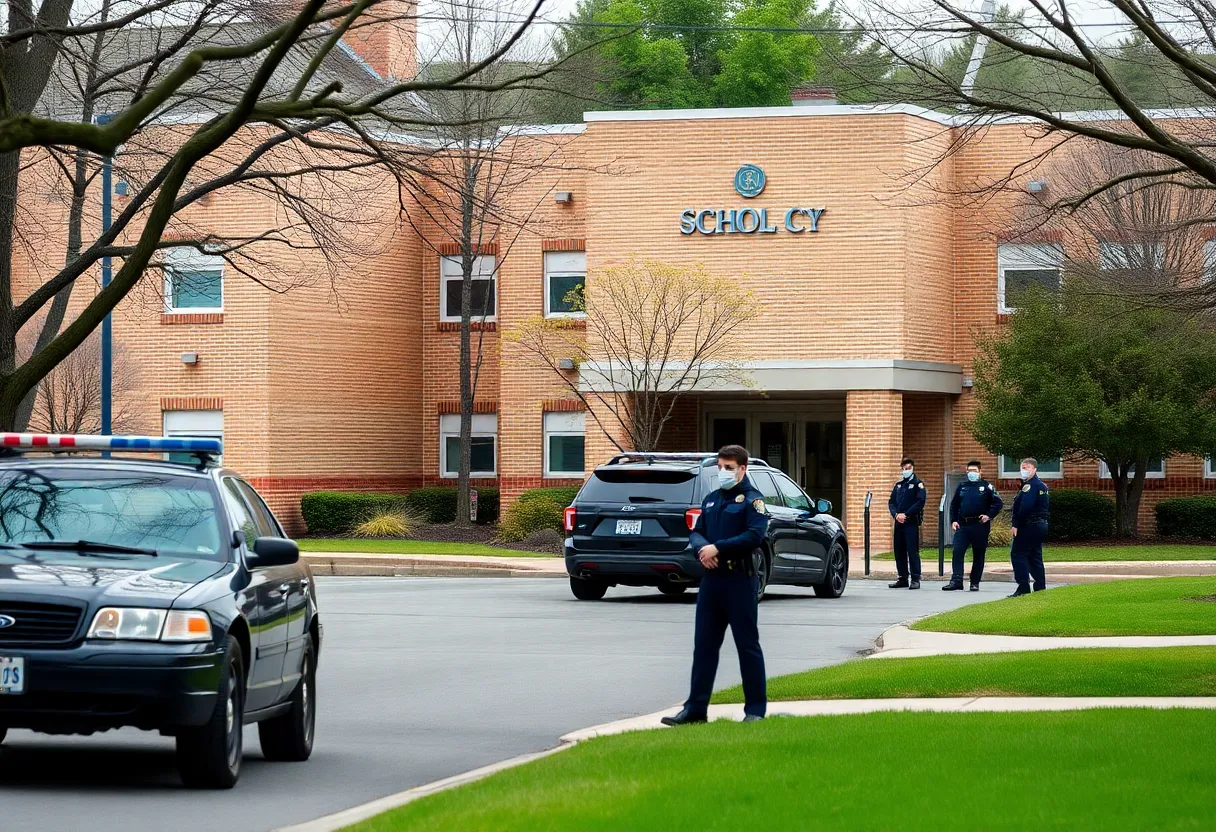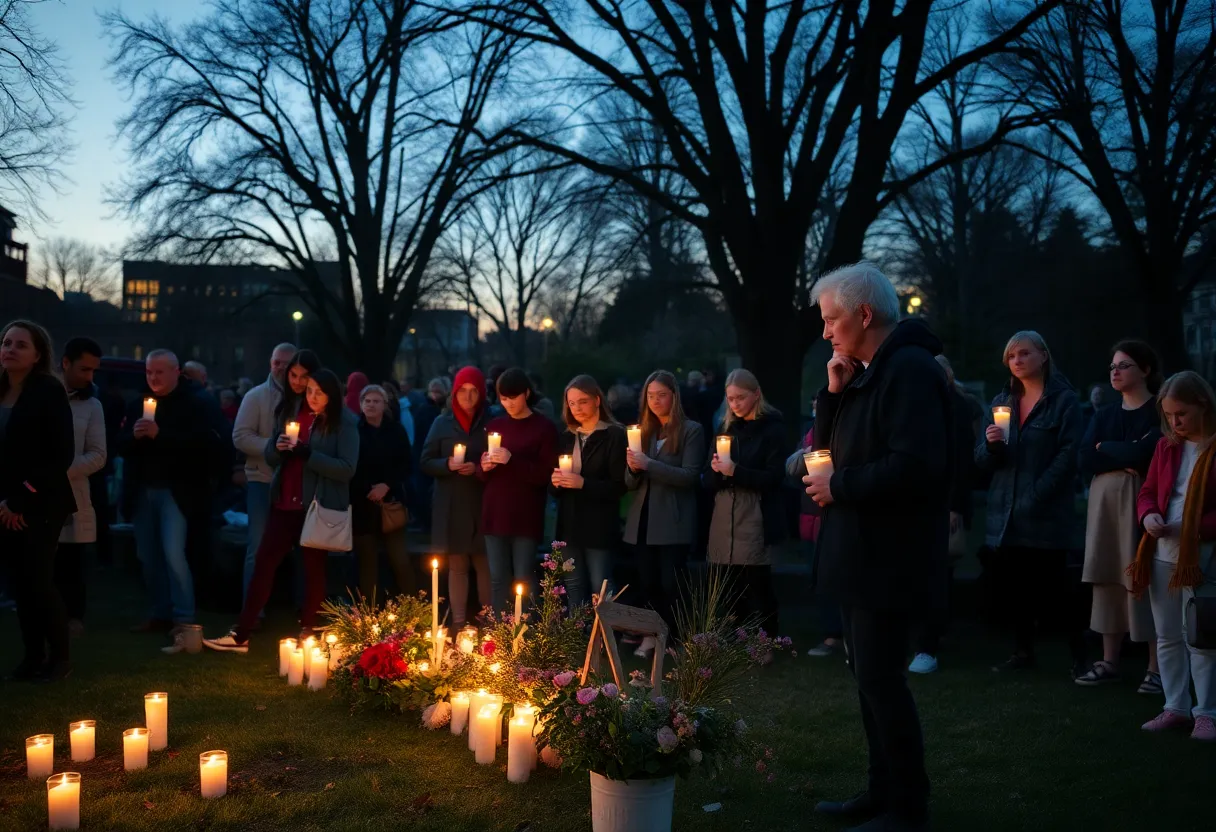News Summary
South Florida universities are ramping up healthcare programs to address workforce shortages and meet the growing demands of the elderly population. The University of Miami, Florida International University, Nova Southeastern University, and community colleges are all investing in new facilities and training programs to equip the next generation of healthcare professionals. Expansions range from outpatient centers to cancer research facilities, showcasing a holistic approach to healthcare education and community support.
Healthcare Boom Hits South Florida Universities: Tackling Workforce Shortages and Elderly Needs
In sunny South Florida, a wave of exciting healthcare expansions is making headlines! Local universities are stepping up their game with new facilities and programs that aim to train the next generation of healthcare professionals while also addressing the increasing needs of our aging population. This comes as no surprise, given that the region has seen a notable rise in the elderly demographic, significantly ramping up demand for healthcare services.
Meeting the Demand for Care
The buzz around these expansions stems from a pressing issue facing the healthcare sector today: a notable shortage of nurses, doctors, and various health professionals. To combat this, universities are ramping up enrollment and training opportunities to ensure that they can provide care for our community.
Leading the charge is the University of Miami’s UHealth System, which holds the title of being the largest academic healthcare program in South Florida. With ambitious growth plans, UHealth is set to roll out a 370,000-square-foot outpatient center at the SoLé Mia project located in North Miami. This state-of-the-art facility, slated for a fall opening, promises a host of medical services including operating rooms, imaging, cardiology, dermatology, and oncology.
More Facilities on the Way
That’s not all! UHealth is also in the process of expanding its Plantation outpatient center, which will feature a linear accelerator specifically for cancer treatment, expected to be operational by April. They aren’t stopping there; a bold plan is in place to construct a 125,000-square-foot ambulatory center in Pinecrest, with hopes for a 2024 launch date, and they are actively scouting for additional outpatient sites in Coral Springs as well. The facilities won’t just treat patients but will also support training and clinical trials, ensuring the academic mission is deeply integrated with patient care.
Research and Training Advancements
On the same campus, the University of Miami will soon unveil a 244,000-square-foot Kenneth C. Griffin Cancer Research Building, anticipated to be completed later this year. Meanwhile, Florida International University is not to be outdone. They are gearing up for a bold 120,000-square-foot health sciences and clinical care facility projected to cost $212 million, with a helping hand from a $100 million legislative contribution. This facility promises a variety of services and training opportunities for future healthcare professionals and is expected to open its doors around late 2027 or early 2028.
Expanding Medical Horizons
Nova Southeastern University is also making strides to significantly boost its clinical and medical research programs, boasting the highest medical school graduation rate in Florida. Breaking ground this past March, NSU has launched a 6,000-square-foot ALS research center dedicated to providing ongoing care, clinical trials, and more specifically for ALS patients.
St. Thomas University is in the mix too, proposing a 99,000-square-foot nursing and healthcare facility on its Miami Gardens campus while seeking $3 million in state funding to make their dream a reality.
Community Colleges Join the Action
Even community colleges are partaking in the expansion excitement. Broward College plans to remodel existing buildings on its North Campus into a STEM and nursing complex, looking for an additional $15.5 million in funding for their $38.4 million project. Meanwhile, Palm Beach State College has broken ground on a $50 million healthcare education facility, with a hefty $25 million contribution from the state aiding in the construction.
Barry University is also in on the act with plans to open a new 12,210-square-foot facility intended to house its Anesthesiology and Biomedical Science departments in Hollywood. Each of these expansions signifies a thrilling chapter in South Florida’s healthcare narrative.
A Holistic Approach
As these universities ramp up their healthcare programs, they are not only focused on education but also on investments in student housing and other facilities. It’s clear that the growth strategy they are implementing goes beyond just classrooms and hospitals; it’s all about shaping a robust healthcare ecosystem for the community.
South Florida is gearing up for a healthcare revolution, and with these substantial expansions underway, it’s evident that universities are committed to overcoming workforce shortages and addressing the growing needs of our elderly population. A healthier future is on the horizon!
Deeper Dive: News & Info About This Topic
- Miami Herald: Healthcare Article
- Florida Trend: Workforce Shortage Improvements
- Florida Trend: Regional Healthcare Trends
- Miami Herald: Health Care Article
- Florida Politics: Health Care News and Policy
- Wikipedia: Healthcare in the United States
- Google Search: Healthcare Workforce Shortages
- Google Scholar: Healthcare Expansions South Florida
- Encyclopedia Britannica: Health Care
- Google News: South Florida Healthcare Expansion







